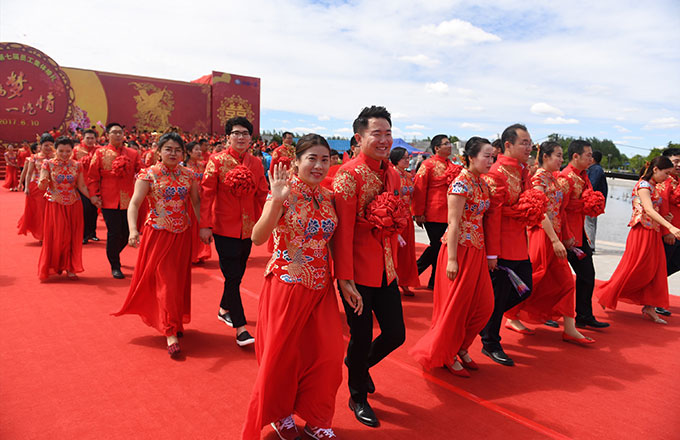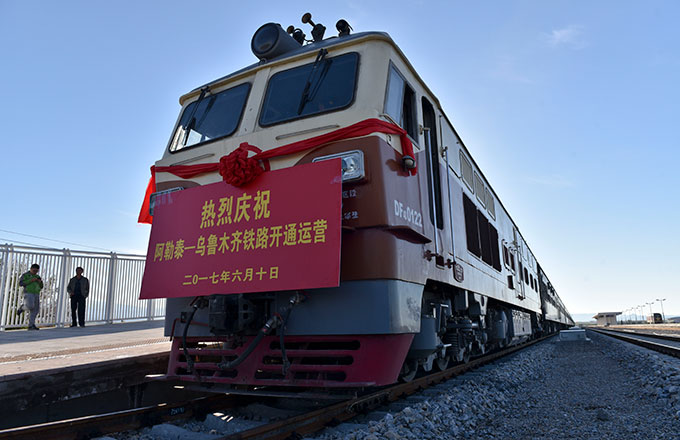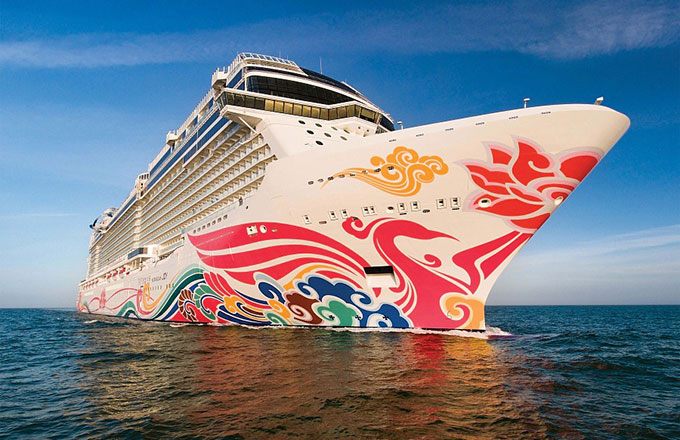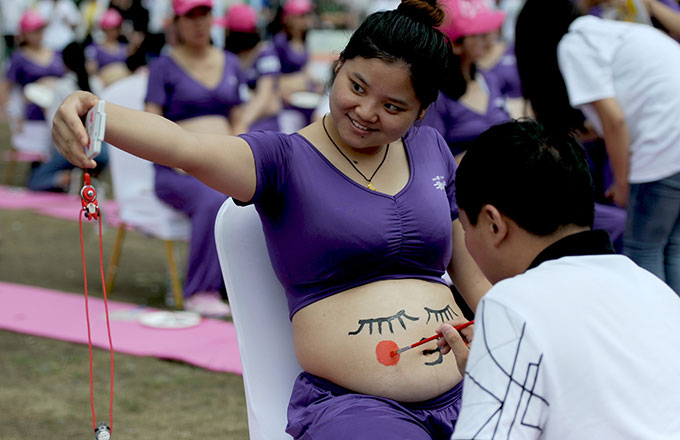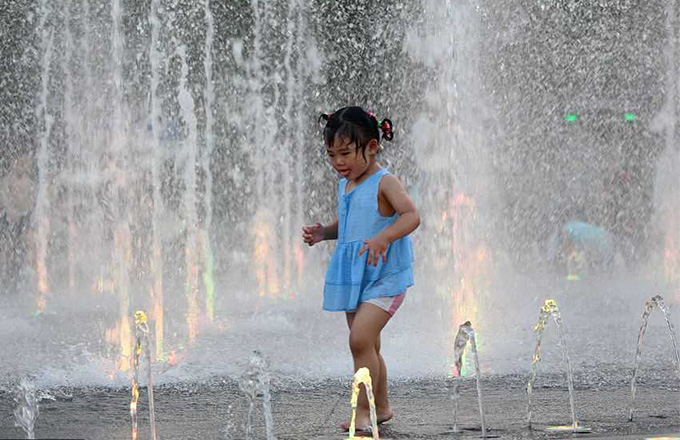'Cultural revolution' (1966-76)
The "cultural revolution" (1966-76) was a political movement launched and led by Mao Zedong in China from May 1966 until October 1976. There were three phases of its development.
Phase I was the period from the start of the "cultural revolution" in May 1966 until the Communist Party of China (CPC) Ninth National Party Congress in April 1969. The main task of this stage was to smash the so-called Capitalist Headquarters and seize power from those in power taking the capitalist road. The purpose was to turn the dictatorship of the bourgeoisie into one of the proletariat. The campaign was presented as: "all doubt", "down with everything" and "all-out civil war".
The holding of the enlarged meeting of the Political Bureau of the Eighth CPC Central Committee in May 1966 and the 11th Plenum of the Eighth CPC Central Committee in August 1966 marked the full-scale beginning of the "cultural revolution".
On May 16, 1966, the enlarged meeting of the Political Bureau adopted and issued the "Notice from the Communist Party of China Central Committee," (also known as the May 16 Notice), in which the so-called Anti-Party Group of Peng Zhen, Luo Ruiqing, Lu Dingyi and Yang Shangkun was wrongly criticized. Based on the notice, the CPC Central Committee issued a notice on May 28 saying that the new "Central Cultural Revolution Group" (CCRG) was formed, with Chen Boda appointed as the group head, Kang Sheng and others as advisors, and Jiang Qing, Zhang Chunqiao and others named deputy heads. The group was formed under the jurisdiction of the Standing Committee of the Political Bureau of the CPC Central Committee and would replace the Political Bureau and the Secretariat of the CPC Central Committee as the actual command center of the "cultural revolution".
On Aug 8, 1966, the 11th Plenum of the Eighth CPC Central Committee adopted its "Decision Concerning the Great Proletarian Cultural Revolution", which wrongly criticized the so-called headquarters led by Liu Shaoqi and Deng Xiaoping.
Following the plenary meeting, a swirl of criticism of the bourgeois reactionary line pointed at Liu Shaoqi and Deng Xiaoping. Red Guards emerged and traveled across the country to meet other young activists and pass on the orders from the CCRG, creating chaos across the country and paralyzing local Party organizations. On October 5, 1966, the CPC Central Committee transmitted emergency instructions made by the Central Military Commission and the General Political Department, cancelling the regulation which stipulated that the "cultural revolution" movement in military colleges and universities could be led by the Party committees of the colleges and universities after the withdrawal of working groups sent by authorities. Thus, the country began a new wave of revolution without the leadership of Party committees. Except for field armies, all Party committees at various levels became paralyzed, and grassroots party organizations ceased their activities. Mao Zedong presided over a work conference to criticize the bourgeois reactionary line and criticized Liu Shaoqi and Deng Xiaoping by name. Mao stressed that the public should teach and liberate themselves. After the meeting, criticism of the so-called bourgeois reactionary line reached a climax across China. In December 1966, the CPC Central Committee issued the 10 regulations concerning how to take firm hold of the revolution and promote production (draft) and the instruction concerning the rural proletarian cultural revolution (draft), which stated that the masses could arrange the "cultural revolution"-related activities in their spare time, and in the form of the four great rights of great democracy: the right to speak out freely, to air one's views fully, to write big-character posters and to hold great debates. Nationwide turmoil began to take shape.
On January 6, 1967, incited by Jiang Qing, Chen Boda, Zhang Chunqiao and others, the Shanghai Workers' Revolutionary Rebel General Headquarters, led by Wang Hongwen and other revolutionary rebel organizations, held a conference to overturn the Shanghai Municipal Party Committee and seize power from it. This was called the January Storm. On January 8, 1967, Mao openly supported the January Storm and called upon his supporters all over the country to emulate this action wherever it was needed.
Between January and February, 1967, at various meetings held by the CPC Central Committee, many older generation proletarian revolutionists who were instrumental in the founding of the People's Republic of China (PRC) voiced their strong opposition to the "cultural revolution", calling it a "mistake". They criticized activities by the clique of Lin Biao and Jiang Qing such as purging veteran officials and creating chaos within the Party and the People's Liberation Army. However, the struggle was presented to Mao as a one-sided report by the clique of Kang Sheng. Mao criticized the veteran revolutionists who participated in the struggle.
After the failure of the February struggle, the practice of "all-out civil war" and "down with everything" campaigns escalated. Led by Lin Biao, Jiang Qing, Kang Sheng and their allies, China started the so-called movements of "sorting out traitors", "mass revolutionary criticism" and "cleaning up the class ranks", resulting in countless misjudged cases, including those concerning Liu Shaoqi, Tao Zhu, Peng Dehuai and He Long. By September 5, 1968, revolutionary committees had been established in all 29 provinces, municipalities and autonomous regions except for Taiwan province, bringing the so-called red revolution to all of the country except Taiwan.
In October 1968, at the enlarged meeting of the 12th Plenum of the Eighth CPC Central Committee, the theory and practice of the "cultural revolution" were hailed as positive. The meeting's participants decided to permanently expel Liu Shaoqi from the Party. A draft constitution of the Communist Party of China was passed, which stated: "Lin Biao is comrade Mao Zedong's close comrade-in-arms and successor."
In April 1969, Lin Biao delivered a political report at the CPC's Ninth National Party Congress. Lin Biao, Jiang Qing and their allies were elected new members of the political bureau, which greatly expanded their power on the Central Committee.
- China issues guidelines to develop 'all-for-one' tourism demonstration zones
- Torrential rain triggers disaster in Southwest China
- Harvest time for wheat reapers in Shanxi
- Over 200 couples marry in Changchun group wedding
- Calligraphy tops other icons of Chinese culture, WeChat data shows



